The Federal Highway Administration (FHWA) is ending the Manufactured Products General Waiver and instituting a new Buy America Requirements for Manufactured Products Final Rule. Reviewing the general waiver was a requirement of the Build America, Buy America Act, a bipartisan infrastructure law. After completing this review, the Biden administration has decided to phase out the general waiver allowing transportation contractors to use imported materials. Administration figures, such as Secretary of Transportation Pete Buttigieg, praised the new rule as a tremendous boost for American jobs and manufacturing.
Beginning October 1, 2025, the final assembly of all manufactured components (such as cement and asphalt) must occur in the United States. One year later, the cost of all components in the project must be greater than 55 percent domestic. This is not unprecedented, as the original Buy America law was first passed in 1983. Originally, there was deemed little need to incentivize domestic production for manufactured components used in highways. Now, the Biden administration feels that enough domestic manufacturers would benefit from implementing the new ruling.
Since the 1980s, Many Transportation Supplies Have Been Imported
In the early 2000s, a substantial amount of road-making material was imported into the United States. Asphalt, for example, is often made with imported material from Canada. Currently, about 12 percent of asphalt binder is imported. This has been allowed under a generous blanket waiver created in 1983, along with the Buy America law. State highway agencies and foreign producers of roadway components like cement and asphalt materials lobbied for the waiver, with states arguing that using imported materials kept construction costs lower.
Opponents of the waiver argued that the taxpayer dollars being spent on American highways should benefit American companies, as was the requirement for other federal projects. Some state departments of transportation (DOTs) argue that some roadway components, such as traffic signals, cameras, lights, and signs, are not often made domestically. These components of roadways may be overlooked by the public, but represent a sizable industry that could generate many domestic jobs.
New Rule Should Benefit Domestic Producers
With $350 billion for federal highways slated to be spent over the next five years, there is tremendous opportunity for growth in the road- and infrastructure-construction industry. There is also high demand for new infrastructure, with many experts considering significant parts of America’s infrastructure aging poorly. Much of the country’s highway system was built between the 1930s and the 1960s, beginning with New Deal projects and continuing with the Federal Highway Act of 1956. The majority of the proposed 40,000 miles of interstate highway were built during the 1960s.
Currently, more than 10 percent of America’s interstate highways are considered to be in poor condition, opening up a huge market for domestic producers of roadway components. And rebuilding highways often required rebuilding adjacent infrastructure, including utility lines. Proponents of building argue that the time is ripe, as America has under-invested in infrastructure since the 1970s. Requiring new infrastructure to be “Made in America” would be a substantial boost to the job market and help develop supply chains that may have atrophied during five decades of under-investment.

